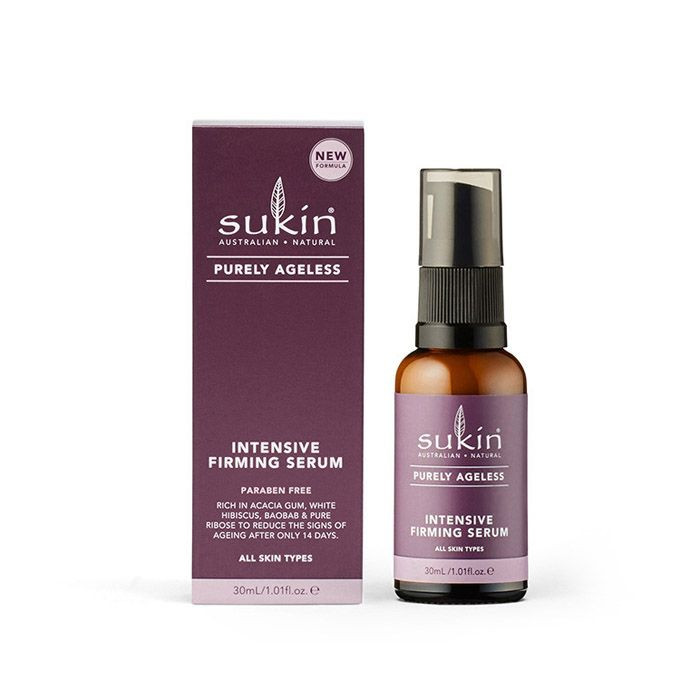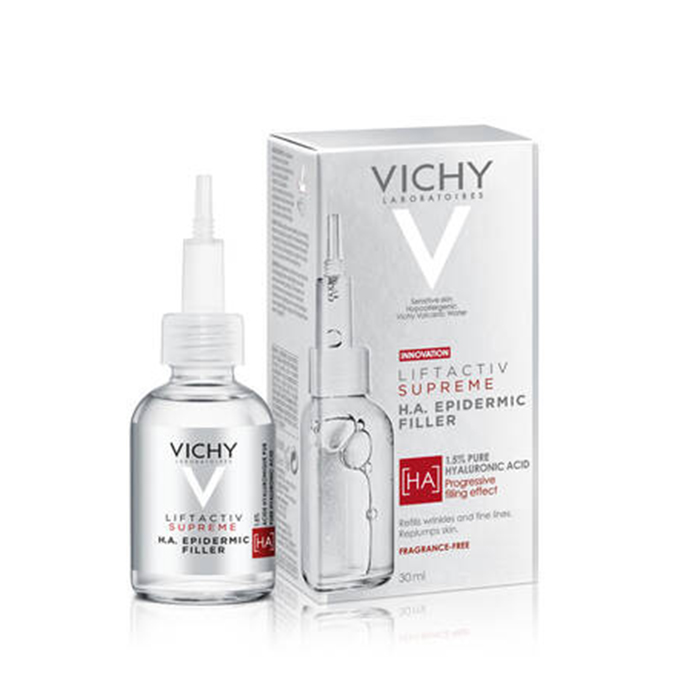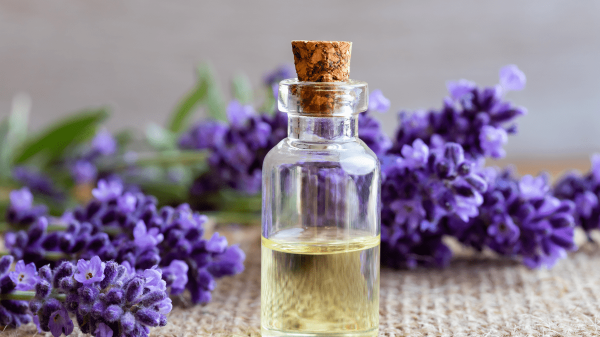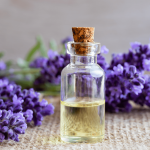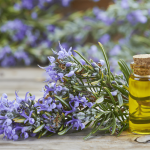Face Serum for skin care
If you are looking for a daily skin care routine with an active dose of products, Face serum may be the answer.
It helps to protect and hydrate your skin, Face serum is a great next step before moisturizing.
Many people wonder why they can’t just use a moisturizer or face cream on their skin in place of a serum. A serum is lighter and delivers active ingredients to the skin quickly, it goes on first, after you’ve cleansed your skin. For your better results choosing serum is the best option.
Think of a serum as the secret weapon for treating skin issues like discoloration, dullness, fine lines, or acne and a moisturizer as the key to hydrating your skin.
https://www.lifepharmacy.com/products?categories=facial-serum
Different types of serums
- Serum for glowing skin
- Hydrating serums
- Skin serums for acne-prone
- Skin-brightening serums
Some Editor’s Choice:
How to use?
You can use a face serum once or twice a day after cleansing and toning your skin. Think of it as the step after you clean. Apply a serum to your skin depends on your goals.
Apply your skin care from thinnest to thickest, Most of the serums work best when applied as the first layer directly to your skin after cleansing.
There are many different types of serums, each with a unique purpose and ingredients. Some serums helps to brighten your skin or reduce blemishes, while others focus on boosting hydration or fighting the signs of aging. Some serums work better in the morning, while others work best when applied in the evening.
Serum Benefits:
- Protects your skin from anti- ageing
- Soothes sensitive skin
- Absorbs quickly into your skin
Hydrating serums for drier skin can be applied twice daily to help keep your skin dewy and moisturized.
Disadvantages of Face Serum?
Serums may cause side effects, especially if you use them when taking medication or experiencing a skin conditions watch for any symptoms as soon as you start using the serum.
When your skin feels dry, itchy, or red, you may need to stop using it or see a dermatologist.

